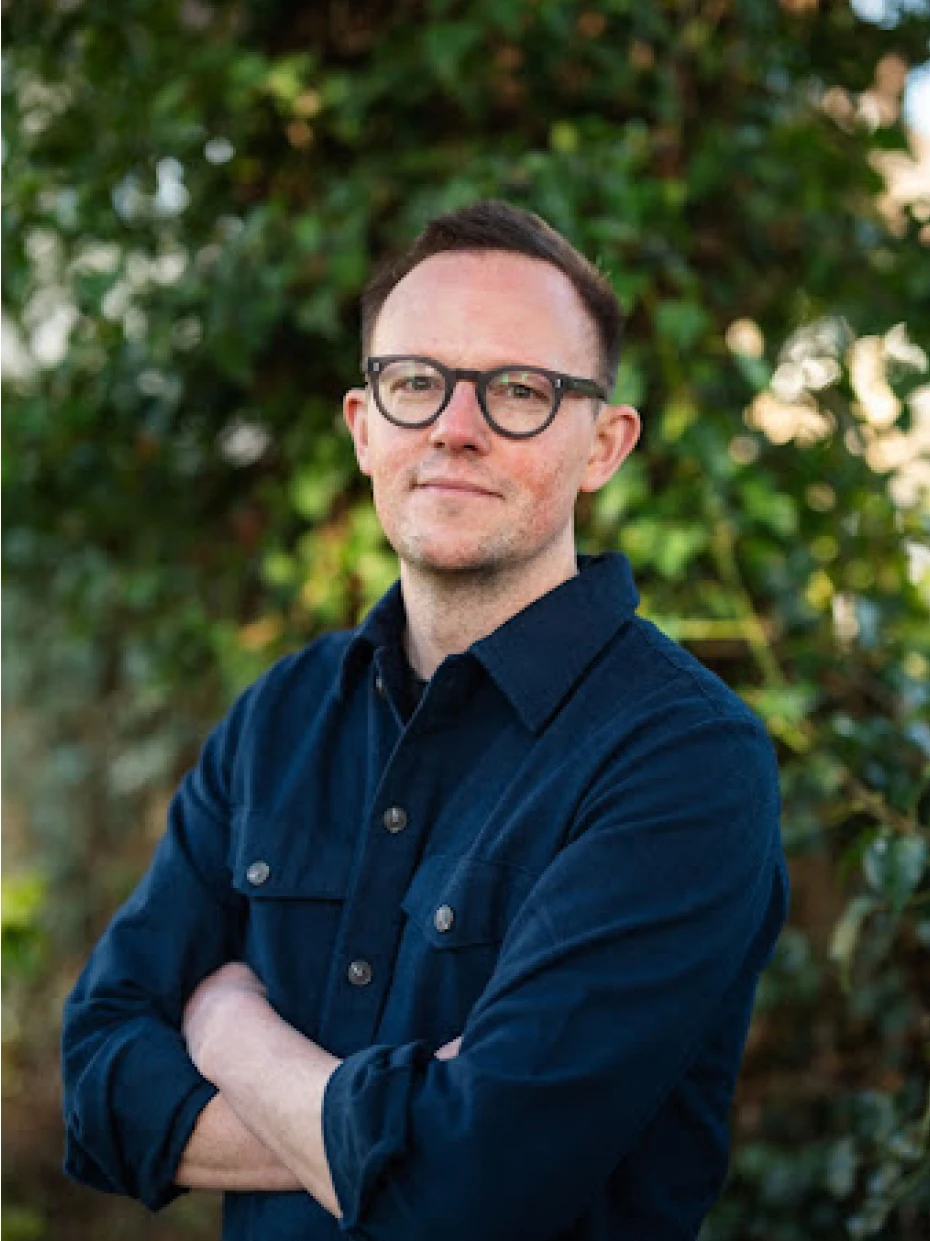Scholarship Winner Luiza shares her story
Scholarship Winner Luiza Shares Her Story

Read Luiza's story
In “How Did the Scientific Thought of Eugenics Develop in Brazil?”, the author embarks on a compelling exploration into Brazil’s unsettling engagement with eugenics, framed by the nation’s quest for modernity and racial purification. Highlighted by Tom Ireland, a renowned editor and science communicator, this winning essay meticulously examines the cultural, political, and social forces that propelled eugenic thought into the mainstream of Brazilian science. This piece stands as a critical reminder of the importance of ethical integrity in scientific inquiry, urging a thoughtful consideration of science’s role within society.
Guest Judge Comments:
This essay stood out to me for the way the student tackled an important yet under-discussed aspect of science. Although science is meant to be objective, it is influenced by many things, such as culture and politics, and the personalities of those who study it – something scientists don’t think about often enough. In this essay, a fascinating period in Brazilian history is explained with clarity, and the implications of this dangerous idea are explained thoughtfully. The work prompts us to wonder what elements of our current scientific thinking we will look back on with concern in future.
Tom Ireland is editor of The Biologist (the award-winning magazine of the Royal Society of Biology). He is a regular contributor to the monthly magazine BBC Science Focus and has also written for The Guardian, New Scientist, and BBC News.

Scholarship Winner Comments
In my writing process, I dedicated a month to consultations with teachers and extensive source exploration. I organised my findings and planned my paragraphs with a topic sentence and corresponding explanation. I underwent three drafts, struggling particularly with the essay’s introduction and conclusion. I encountered times of creative blockage and, mainly, thoughts that the essay was bad or insufficient. To overcome this, I normally tried to take a break and would return to writing on another day. The essay was finished within two months. After completion, I sought my English teacher’s assistance for grammar and cohesion improvements.
I utilised books borrowed from my school’s library, articles available online (most of which were located using Google Scholar), YouTube videos, and educational websites for information.
I wish to be a scientist or an educator. Therefore, receiving the Immerse Scholarship is a significant accomplishment for my academic life, both in the present and the future. I am confident that the experience gained through the course will provide me with the knowledge and perspectives essential for making the right career choice. Moreover, this opportunity has the potential to not only enhance my value in my chosen field but also broaden my capabilities for application in other academic environments.

The Winning Essay:
How Did the Scientific Thought of Eugenics Develop in Brazil?
Brazil’s 1934 Constitution (Article 138) determined that eugenics education should be promoted by the union, states, and cities1. This exemplifies the Cultural History of Science, a study which recognizes that, when scientific ideas cross cultural boundaries, they undergo reconfigurations, creating new traditions and practices2. Considering this, eugenics in Brazil can help us understand how Brazilian and Latin American science not only relates to international scientific endeavours but also asserts distinct identities.
Eugenics movements trace their origins back to ancient Greece, where philosophers Plato and Aristotle explored methods of preserving desirable qualities among Athenians. In the 19th century, however, Darwin’s theory of evolution and Mendel’s laws of genetics influenced Francis Galton to coin ‘eugenics’ from the Greek ‘well-born’3. Galton applied natural selection to humans to rationalise prejudices against marginalised groups of the time. Through the mid-20th century, countries like Sweden, Japan, the United States, and Brazil embraced his ideas.
As the largest nation in Latin America, Brazil led the initiation of an eugenics movement in the region4. The country had undergone profound changes: it abolished slavery in 1888 and established its first republic in 1889. These advances brought both opportunities and challenges as urbanisation gave rise to metropolises and their issues of poverty, dirtiness, and disease. Although modern biology was not a topic of Brazilian research, eugenics emerged with a thesis by physician Miguel Couto, who regarded Japanese immigration as a problem5. Thereafter, the movement evolved among medical professors, sociologists, and politicians.
The Brazilian elite viewed eugenics as a symbol of modernity for their developing nation6. Different from Europe, they believed that by addressing the hereditary problem, they would also tackle the sanitary issues and elevate Brazil’s global standing. Their goal was a nation of white people. A vision contrary to the country’s reality of a 17 million population primarily composed of mestizos (mixed), blacks, and indigenous inhabitants. João Batista de Lacerda, the Brazilian representative in the First Universal Races Congress, proposed a solution, “whitening”. According to him, after a century of miscegenation, there would be no black people in Brazil because the “white blood” could dilute the “black blood”. Hence, the evolution of the Brazilian population was a process open to social control.
In 1929, the Brazilian Eugenics Congress in Rio de Janeiro illustrated the popularity of eugenics among scientists in the country7. Intellectuals debated eugenics’ role in immigration, education, genetics, and marriage. The participants were divided into two groups: those who advocated invasive actions and the hygienists. The first group defended involuntary sterilisations and selective immigration, whilst the second group emphasised public health, suggesting measures such as mandatory prenatal and prenuptial tests. Following the congress, eugenicists Renato Kehl and Roquette Pinto established a commission to influence national laws, thus the 1934 Constitution8.
After World War II, eugenics fell into disrepute due to its associations with the Holocaust9. During this period, genetic studies proved that the concept of race is not scientifically accurate, leaving eugenicists with no credibility in the scientific community. Nonetheless, eugenic practices continued for decades and are still present in our societies. The fact that it was once considered a biology subject is a reminder that science can be biased when misapplied to justify social concerns, as seen in Brazil. Scientists will always be social, but their questions should never overpass human rights of liberty and dignity.
Empower Your Child's Future: Meet With Our Programme Consultants
- Gain insights from our team of Oxford and Cambridge University alumni
- Receive tailored advice to match your child's interests and goals
- Access programme guides, subject syllabus and detailed resources

Join Succeed for free: unlock £50 off your Immerse programme*
Succeed is Immerse Education’s student success platform that empowers ambitious learners with tools, content, and interactive resources for university preparation and career exploration.
* Terms and Conditions apply
ambitious students aged 13-18.
Join Succeed for £50 off your programme*
Join today and receive £50 off your first programme, plus exclusive resources and opportunities to help you achieve your academic goals.




